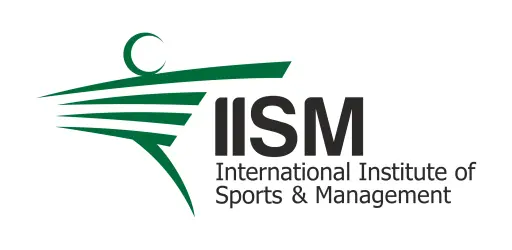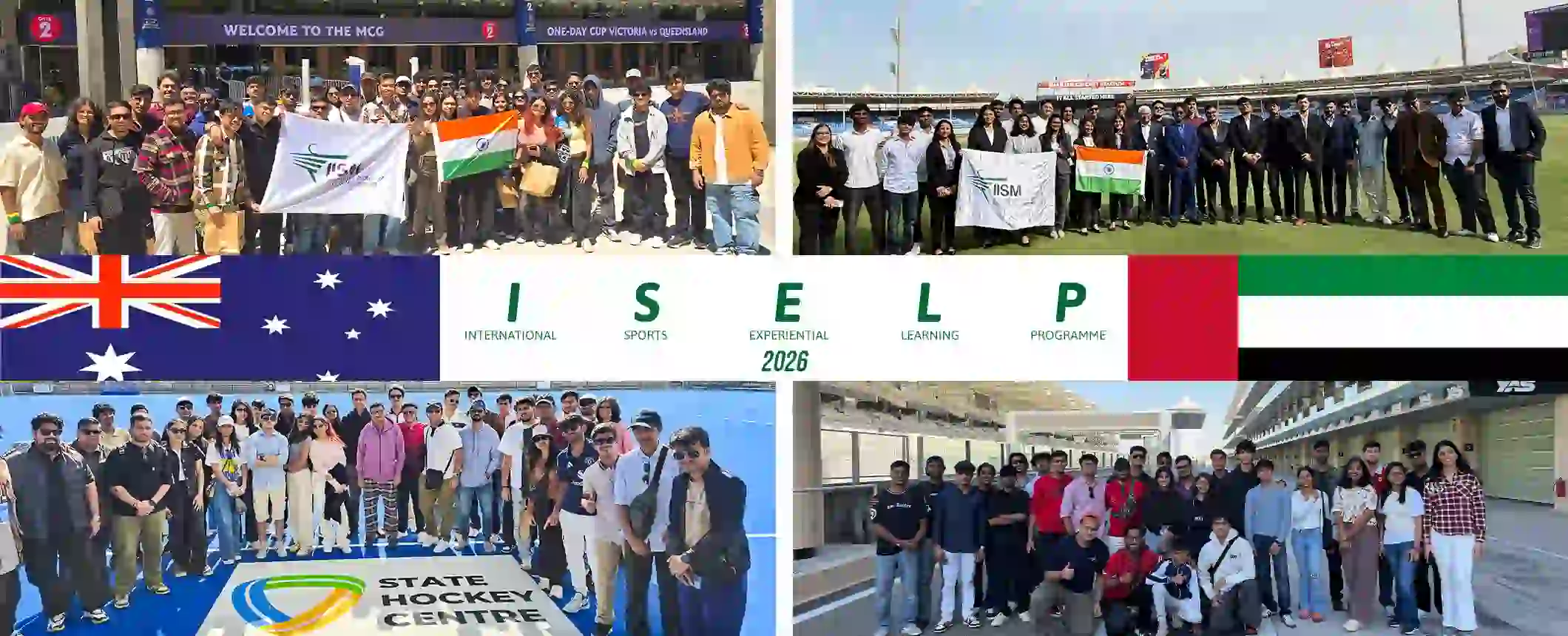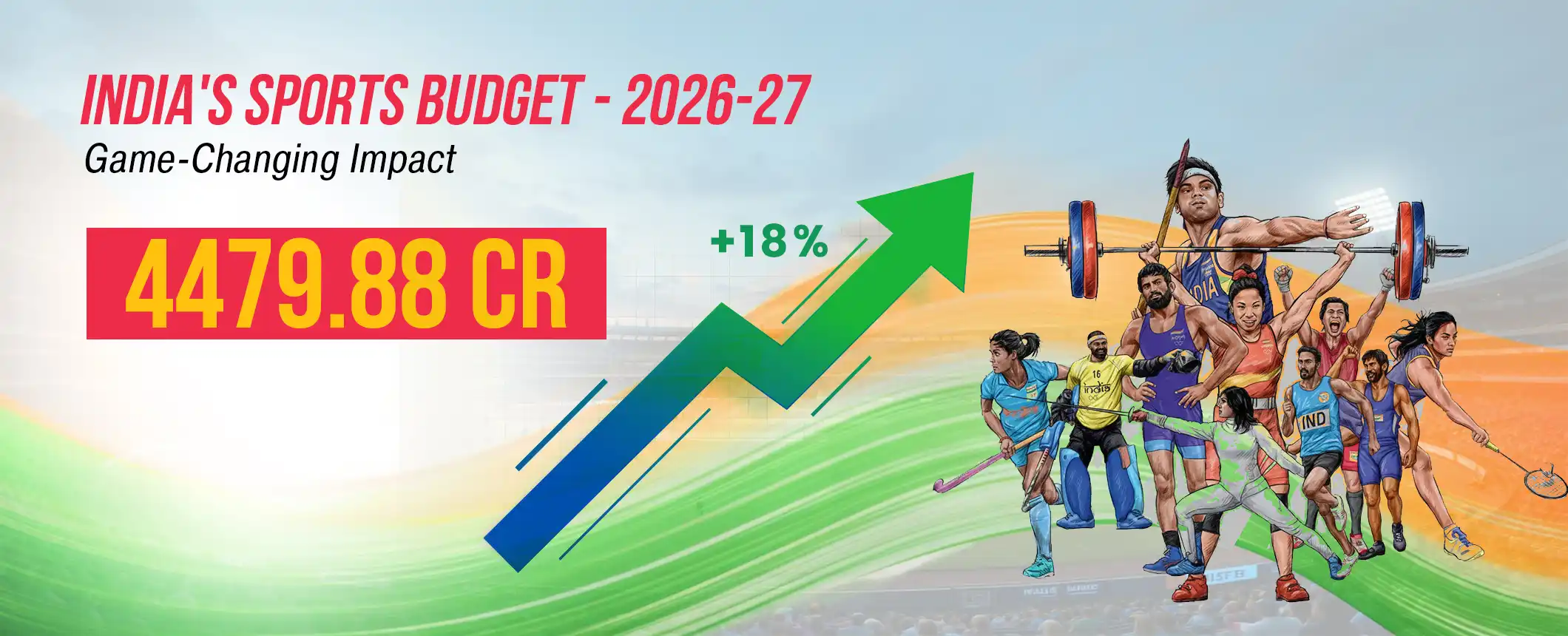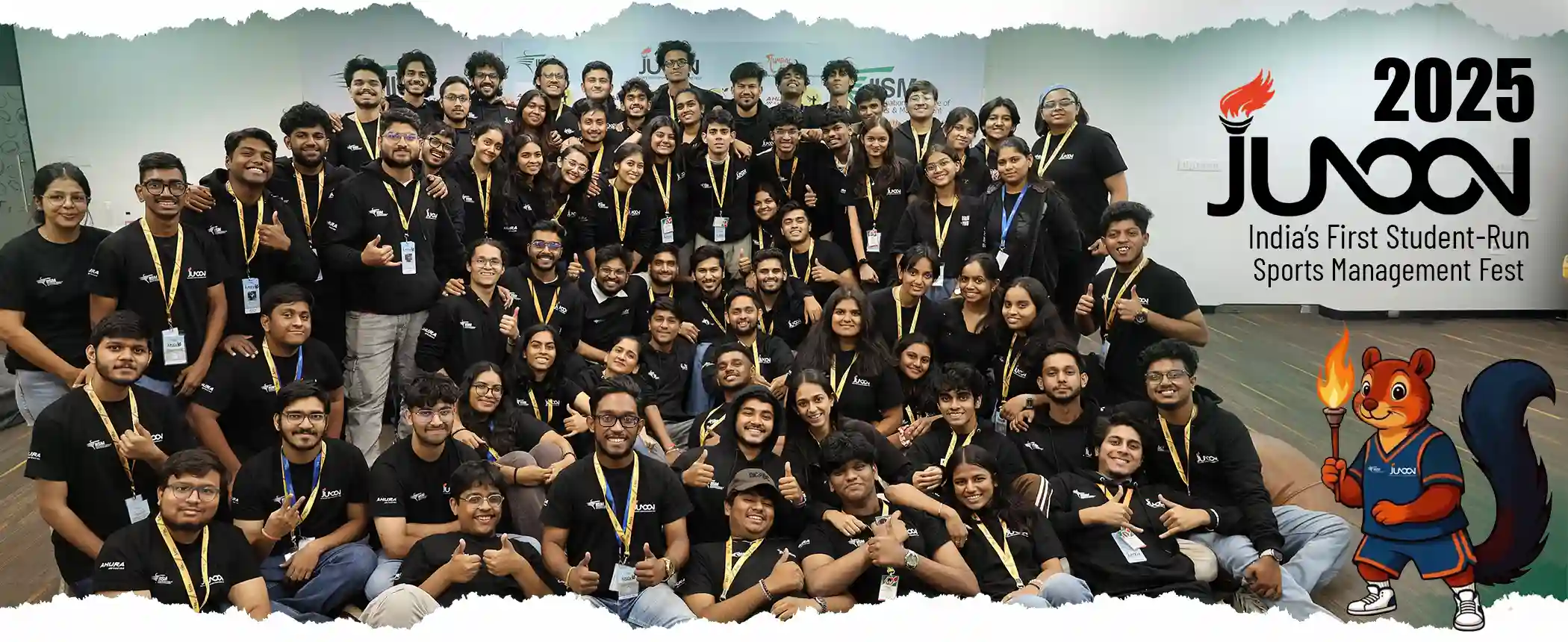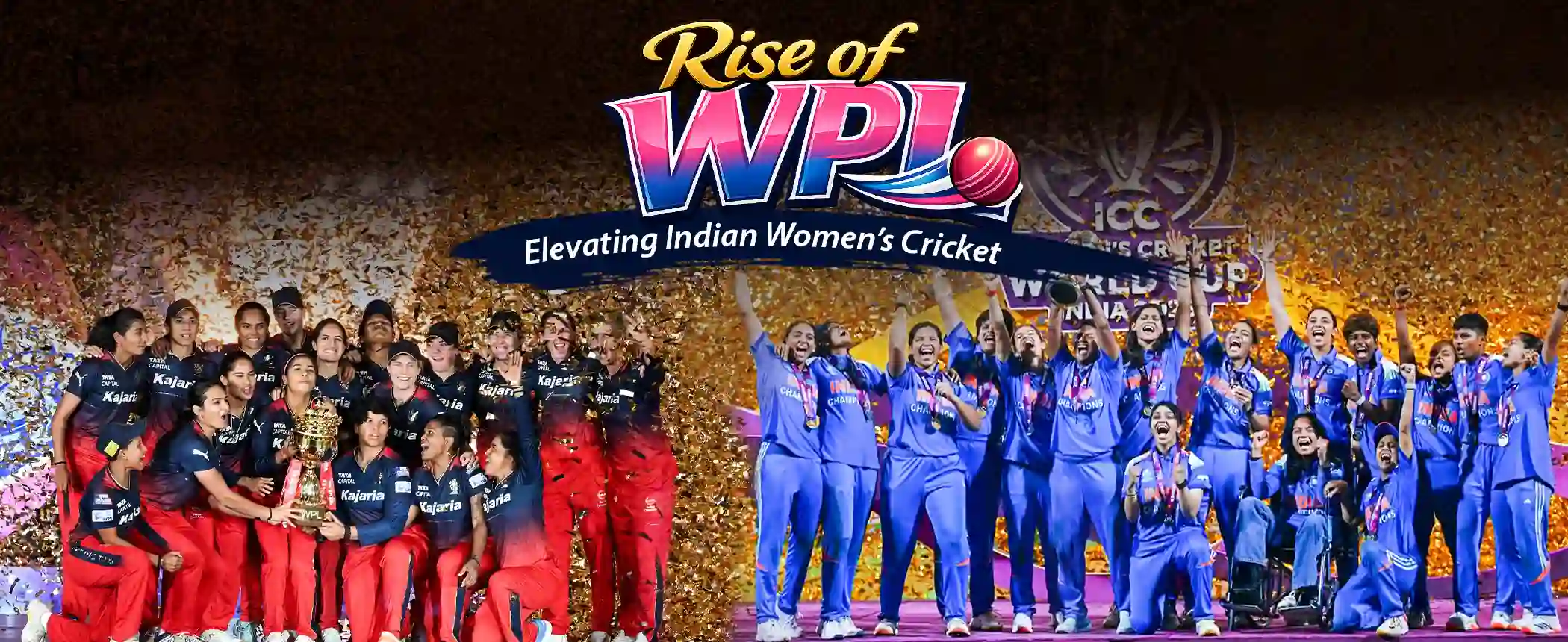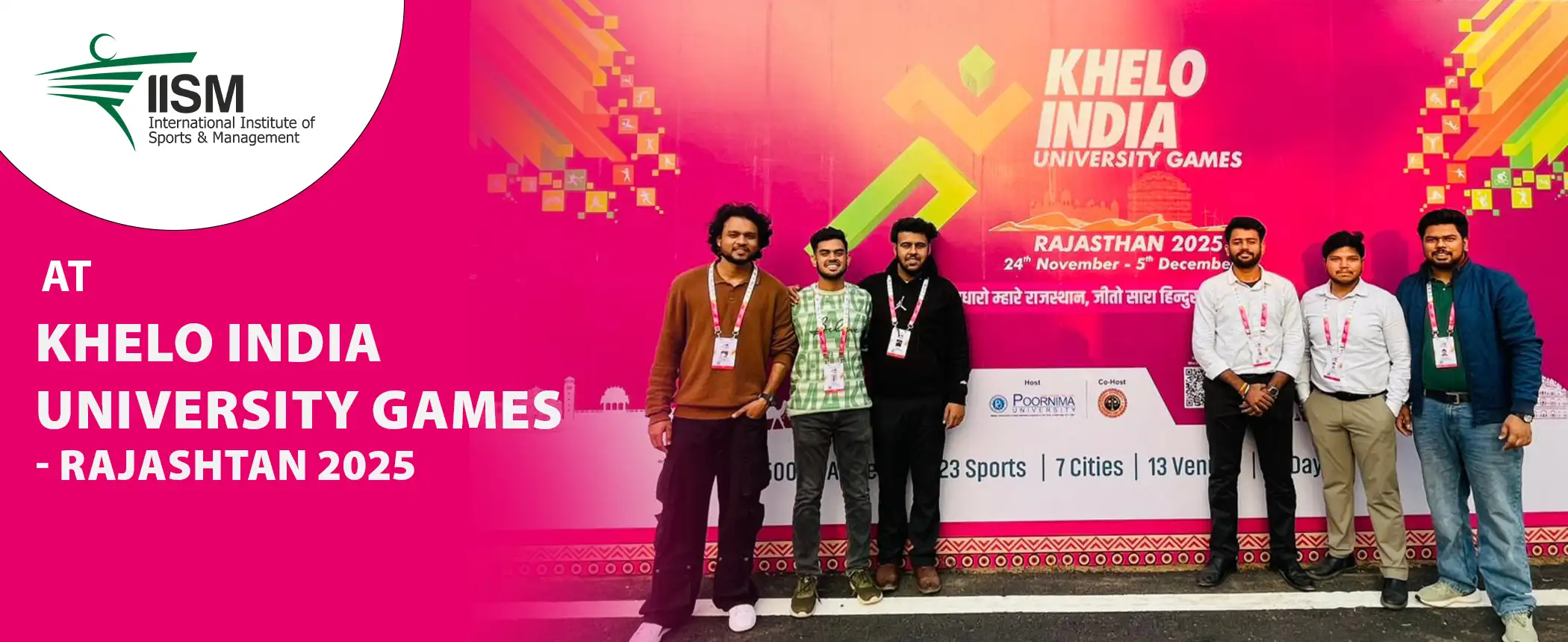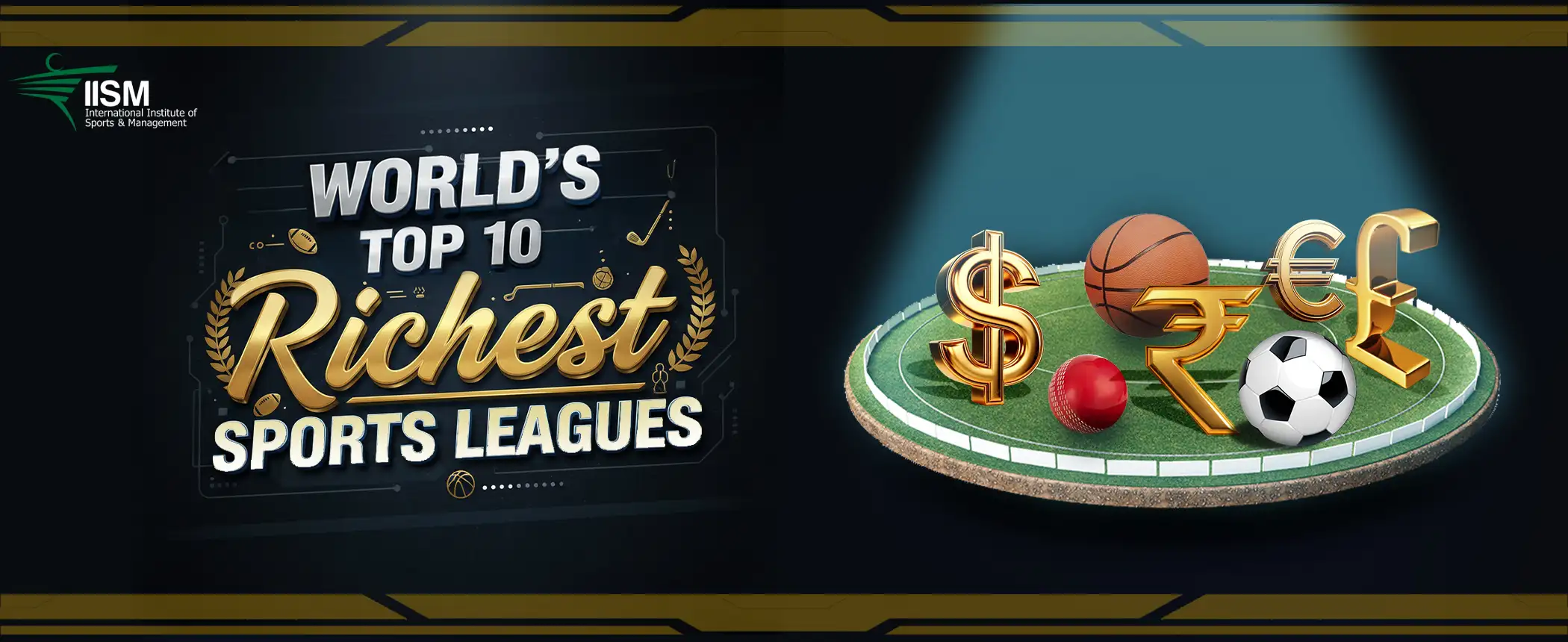Reasons to Pursue a Career in Sports Science
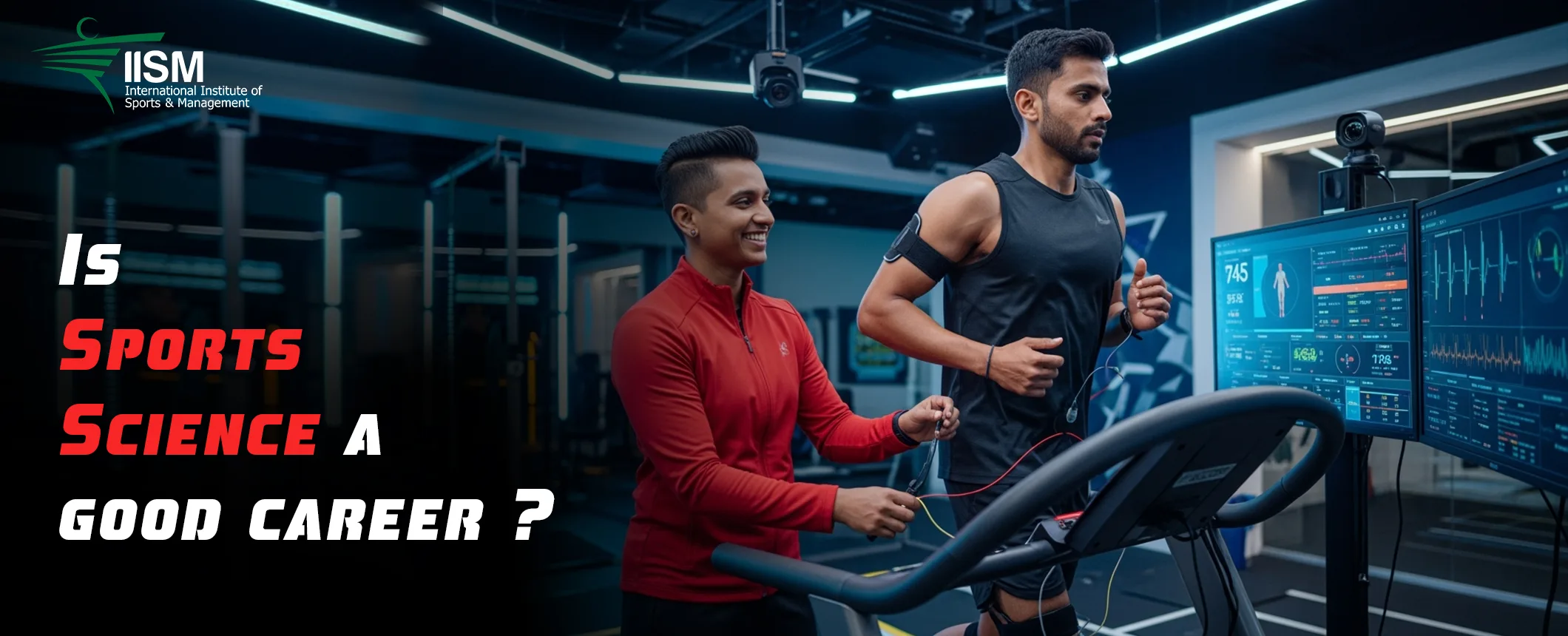
While being an athlete is everyone’s dream at some point in life, the career scope in the sports industry has expanded beyond that of late.
With increasing jobs in fields like Sports Management and Sports Science, youngsters today can easily venture into the sports industry and work in several managerial and operational roles beyond the arena. However, Sports Science doesn’t get enough of the spotlight as a buzzing sector like Sports Management.
Let us change that perception for you, as we dive deep into why a career in Sports Science could take you places in the sports industry.
Sports Science is a field that combines two seemingly disparate disciplines into one unique field to improve athletic performance and promote wellness. It integrates physical sciences with biological sciences to help athletes reach their full potential.
It’s an interesting sector with numerous opportunities for growth and promotion, but understanding the complexity of this sector can be tough for individuals who are just getting started.
From biomechanics to nutrition, there are multiple avenues to pursue a career in this dynamic and ever-evolving field.
If you’re thinking about a career in sports science and are curious to know whether this field is right for you, then you are reading the perfect blog to understand the reasons and benefits of venturing into this field.
So, lace up your sneakers and get ready to discover why a career in Sports Science is the ultimate game-changer!
Why you should pursue Sports Science?
Need for Sports Scientists and Performance Analysts in Growing Leagues
Sports science is gaining popularity among athletes, coaches, scientists, and medical professionals all around the world.
Players and organisations are realising that incorporating scientific research and data analytics into sports will holistically benefit athletes and teams, especially in growing leagues. With the number of leagues popping up across various sports in India, there is high demand for sports scientists and performance analysts.
Every sporting team in these leagues is looking to hire analysts who can astutely point out the gaps in their players’ performance, while scientists could consult about the overall development of the players while also helping in talent identification and scouting.
So pursuing sports science could open avenues to a lot of job prospects tomorrow for you.
Sports Scientists’ Involvement in Grassroots Talent Development
Developing young sporting talent needs a lot more than traditional coaching nowadays. Sports scientists can help young athletes in multiple ways on and off the field. While injury management is a key area where youngsters could use their help, off the field, scientists can also provide psychological grooming.
Building a formidable psyche as an athlete from a young age is massively beneficial for anyone wanting to make a name for themselves on the global sporting stage.
Sports scientists along with psychologists can aid this development of mental resilience, coping mechanisms for handling pressure and setbacks. And doing all this at the grassroots level sets a solid foundation for any young athlete’s career.
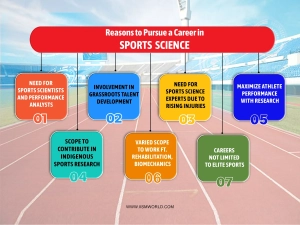
7 Reasons to pursue a career in sports science
Rise in Injuries and a Need for Sports Science Experts
Modern day athletes have a lot more workload with a packed schedule, which is why they are tending to get injured more often. So, teams face a dilemma of managing their injury recovery, and at times, they feel a shortage of rehabilitation specialists.
This is a considerable gap in the sports industry which can be tapped by upcoming sports science aspirants. While it may not be the most glamorous career, helping athletes recover through long-term injuries in an efficient manner not only benefits the team you work for, but may also help the particular athlete become fitter.
Providing the right kind of treatment during injury rehabilitation is also crucial, which is why teams seek for the best sports science experts who can facilitate this process.
Scope to Contribute in Indigenous Sports Research
Indigenous sports like kabaddi and kho-kho are seeing a revolutionary upturn in the country in recent years and there is an opportunity to facilitate the growth of these sports on all fronts.
While leagues have kicked off and caught eyeballs, these sports need to evolve and live up to the modern-day expectations while also preserving their indigenous essence. This is where, sports researchers can come into play to enrich such sports from the grassroots level.
Maximize Athlete Performance with Research-backed evidence
Besides basic data analysis, athlete performance assessment has become a lot more complex with scientific research. Analyzing past data of particular athletes of their peers in terms of endurance, muscular strength, biomechanical movements and several other aspects is a task perfectly suited for sports scientists.
Even data analysts can venture into this vertical to become a performance analyst by pursuing sports science, wherein you get to learn the intricacies of human anatomy, exercise physiology, biomechanics and all relevant aspects.
Optimizing these with research-backed evidence helps athletes elevate their performance and reach the ceiling of their potential.
Scope to work in Rehabilitation, Biomechanics, Strength and Conditioning
Besides working for sporting teams as a dedicated sports scientist, analyst, or researcher, one could also become a specialist in either biomechanics, exercise physiology, strength and conditioning, injury rehabilitation or human anatomy and land up job roles at high performance centers. With an increased focus on fitness, injury management, and elevating performance through biomechanics and optimizing fitness via nutrition, there are several high performance centers opening up where such specialists for respective functions are needed.
While sports teams may have limited openings for sports science experts, a high performance center of a central sports organization like the Sports Authority of India (SAI) have multiple teams of such specialists working toward athlete development.
So, if you pursue sports science, do consider picking up a specialization in one of these verticals as it gives you a focused outlook in the industry.

Sports Science Verticals
Careers Not Limited to Elite Sports ft. Military Training, Corporate Wellness
Based on their interests and ability level, there are a number of work alternatives in the sports science sector. Apart from working for professional teams or individual athletes, that too, mainly in elite sports like cricket, football, or tennis, sports science professionals can also take up roles at fitness centers.
Besides providing the right fitness training, nutritionists also have good scope in managing the diet side of things at fitness and rehabilitation centers.
Even military training is a good avenue where sports scientists, nutritionists, exercise physiologists and other such specialists could contribute to enhance fitness levels.
Corporate organizations are also understanding the diverse experience a sports science professional could bring to the table. That is why many corporates have started their employee wellness programs, wherein they hire a nutritionist.
So, beyond sports teams and organizations, there is vast scope for sports science professionals with job roles available in various capacities.
To summarise
Sports science combines sports and scientific principles to maximise an athlete’s potential — while also providing various exciting professional opportunities!
From supporting others in achieving their goals to providing flexible working options, there are various advantages to choosing a career in this field — especially if you want to help others thrive via physical fitness while also growing your own knowledge base!
So, if you’re thinking of converting your hobby into a career, for our 12th-grade readers, we at IISM offer a Bachelor of Sports Science, a 3-year full-time undergraduate degree program. And for graduates, we offer a Master of Sports Science, a 2-year full-time postgraduate program.
You may also like to visit our blog on Career in Sports Science
Reviewed by Ms. Ayushi Dhakate — a Nutritionist by profession — who works as an Adjunct Faculty and Co-ordinator in Academics for Sports Science programs at IISM.
